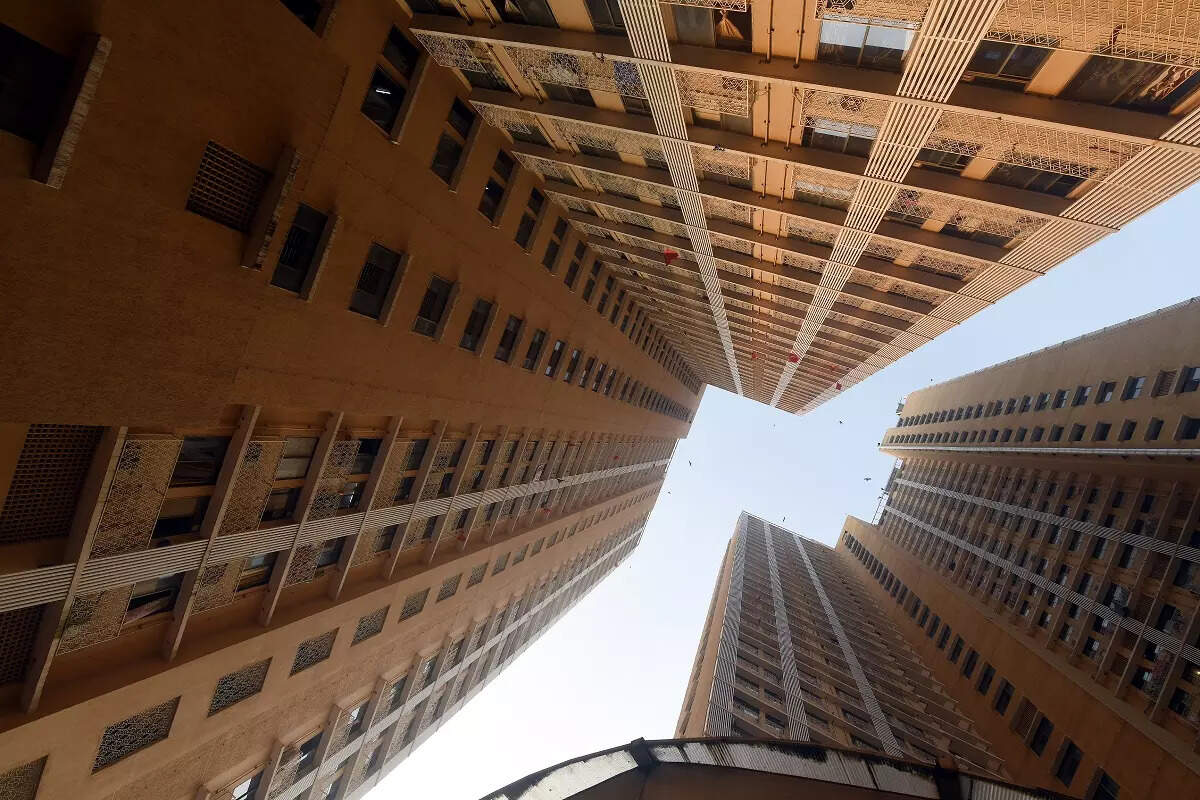Mumbai: 2,500 Bhendi Bazaar families’ wait for homes gets longer


MUMBAI: A four-member technical committee comprising senior BMC engineers visited the Rs 4,000-crore Bhendi Bazaar redevelopment project to check for alleged violations in the building plans, Mirror has learnt.
The ambitious redevelopment project meant to rehabilitate members of the Bohra community and touted as the largest in the city received a stop-work notice from the BMC two months ago, exacerbating grievances over delay in getting better homes. Construction took off in 2016, and the first phase was completed three years later, rehabilitating 610 families and 128 businesses.
The technical team headed by the chief engineer of the BMC’s development plan department is expected to submit its report in the next few days, said a senior civic official.
Municipal commissioner Iqbal Chahal stayed work on the project soon after deputy chief minister Devendra Fadnavis announced an inquiry in the state assembly in August. “The Saifee Burhani Upliftment Trust (SBUT) project is a very good project and the government has also supported it. But the manner in which the plan was changed to reduce road width to use the extra area to benefit the developer will not be allowed. The inquiry will look into how the plans were changed and who benefited from it,” Fadnavis had told the assembly.
More than a week ago, the technical team headed by Sunil Rathod, chief engineer, visited the project site and inspected the approved plans and various permissions granted by the BMC to check if they were in order. They also met SBUT officials and the project architects about the size of the road abutting the project.
“The BMC has recently appointed a technical committee who visited the site last week and sought details from necessary departments. We are hopeful of a positive response from the government,” said an SBUT spokesperson.
Project officials, when contacted by Mirror, said the stop-work notice has not only resulted in delay but also financial strain. “We continue to pay for transit accommodation and rental compensation for both residential and commercial tenants awaiting new premises. Besides, the project contractor also has to be paid,’’ said a project official.
Meanwhile, it is a long wait for families awaiting rehabilitation. Aqeel Shirazi, a building contractor, could have moved into a house in any of the many towers he has erected. But he is so emotionally attached to Bhendi Bazaar he has waited for nine and a half years for a house there, living in a transit accommodation at Mazgaon.
“I was born at Bhendi Bazaar and we three siblings grew up there. My mother’s dream was to return to her own house in Bhendi Bazaar. That dream died as she passed away at 96 a couple of months ago. How many dreams will the government dash before it removes the stop-work notice and allows construction to resume?” asked Shirazi.
It was the 52nd spiritual head of the Dawoodi Bohras, late Syedna Mohammed Burhanuddin, who dreamed of a redeveloped Bhendi Bazaar with airy rooms, clean, wide roads, shopping areas and space for the children and elderly. Dilapidated buildings, stinking common toilets, clogged house gullies and narrow lanes made life miserable.
“Hum mullaji ka moonh dekhkar Bhendi Bazaar se bahar aye (we agreed to move out from Bhendi Bazaar only after seeing the Syedna’s face). When he said he wanted to give us a better life we believed him. We have no complaints against SBUT which undertook the construction work expeditiously. But every time a new government comes, it finds some irregularities and orders to stop work,” complained Mohammed Asghar Soratia, 46, who is especially concerned about his 85-year-old mother. “My mother asks me every day, ‘beta apne ghar kab le chaloge (son, when will you take me to our house)’. I am making excuses, but for how long?”
Founded in 2009, SBUT began constructing the first phase in 2016 and completed it by 2019, rehabilitating 610 families and 128 businesses in two towers, Al Saadah (prosperity). “These two towers are a template. They can easily see how they have decongested life and provide airy, clean flats with attached toilets and spaces for recreation for the children and the elderly. The irony is that the government can stop work any time but never tells us about the irregularities,” said Nasir Kanchwala, who has been living in a transit accommodation for the last seven years.
The work on the second phase began in January 2021 after the BMC issued an intimation of Disapproval (IOD) and commencement certificate (CC). In this phase, over 2,500 families and over 1,000 businesses will be rehabilitated in four towers of 53 storeys each. Two towers will be in Al Ezz (honour) and Al Nasr (victory), each.
The patience of the residents is thinning. “Meri biwi se har roz jhada hota hai is masle par (every day my wife fights with me over this issue). We have three children, the eldest is 22. We must marry him off and we do not want to do it from a transit house,” said Rizwan Patni, living in transit accommodation since 2018.
For Moayyad Mithaiwala who owns the 60-year-old Shabbir Tawakkal Sweets at a transit building near the site, business will “boom” once all the residents return and the neighbourhood begins bustling again.
“Though there are basic amenities at the transit accommodation, transit is transit. Every time I visit the Roza-e-Tahera (mausoleum housing graves of Syednas Taher Saifuddin and Mohammed Burhanuddin) at Bhendi Bazaar, I must shell out Rs 100 for the taxi. I will save this money once I move into my own house,” said Salma Nalwala, a mother of three.


